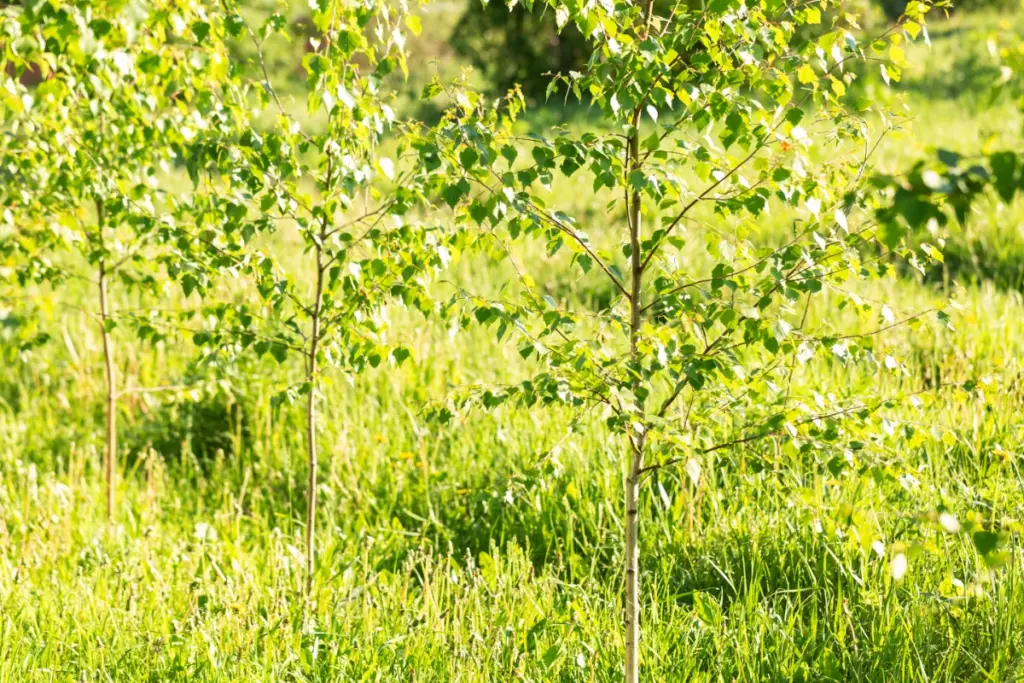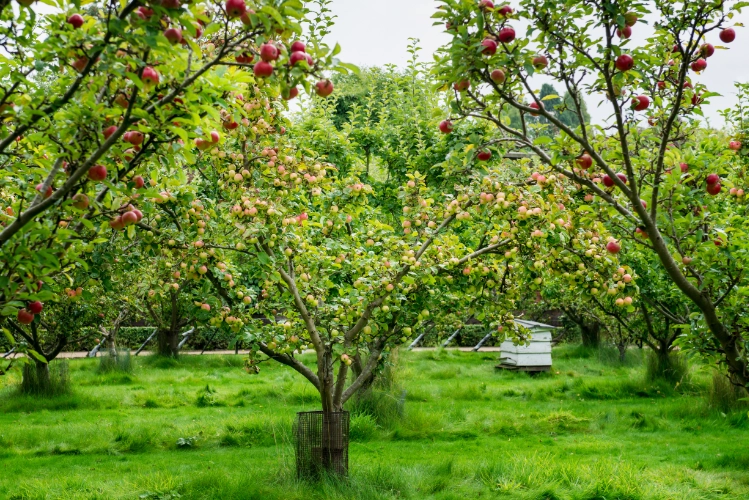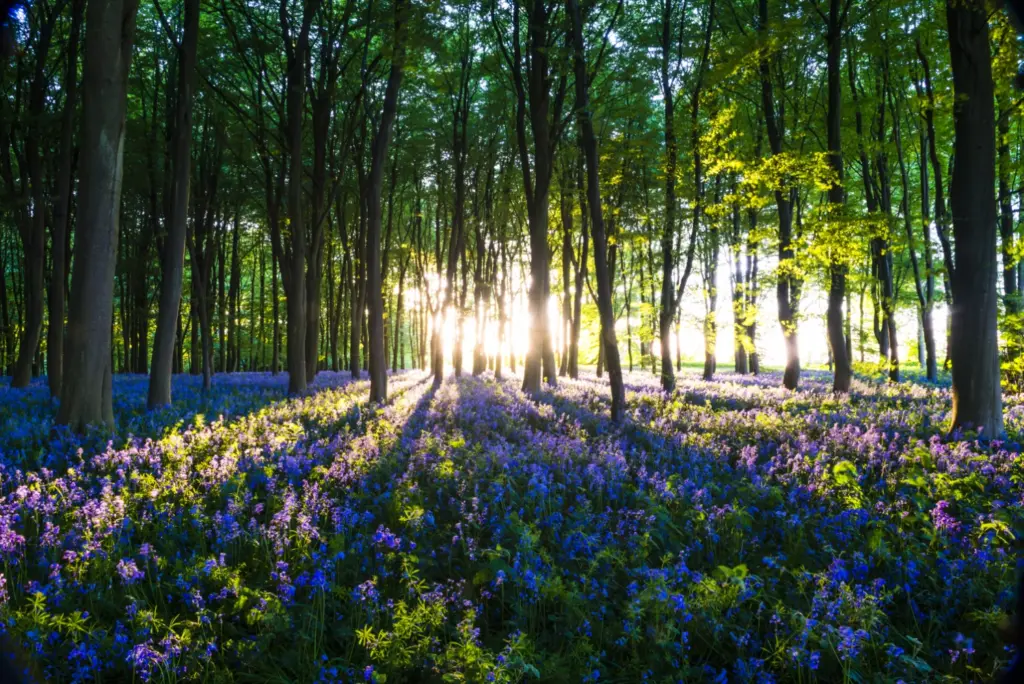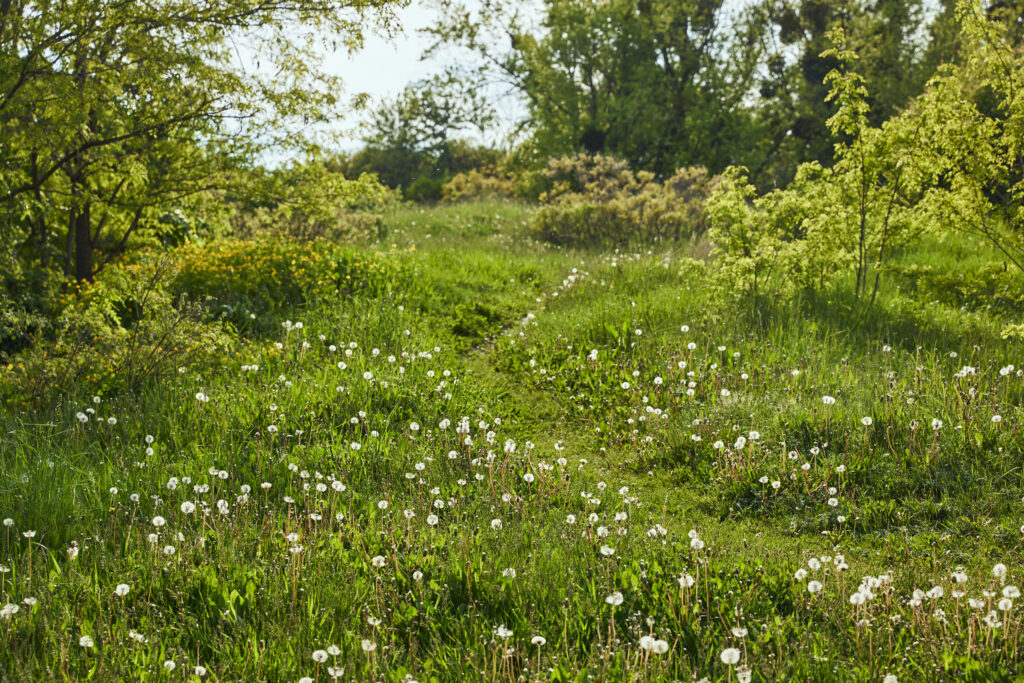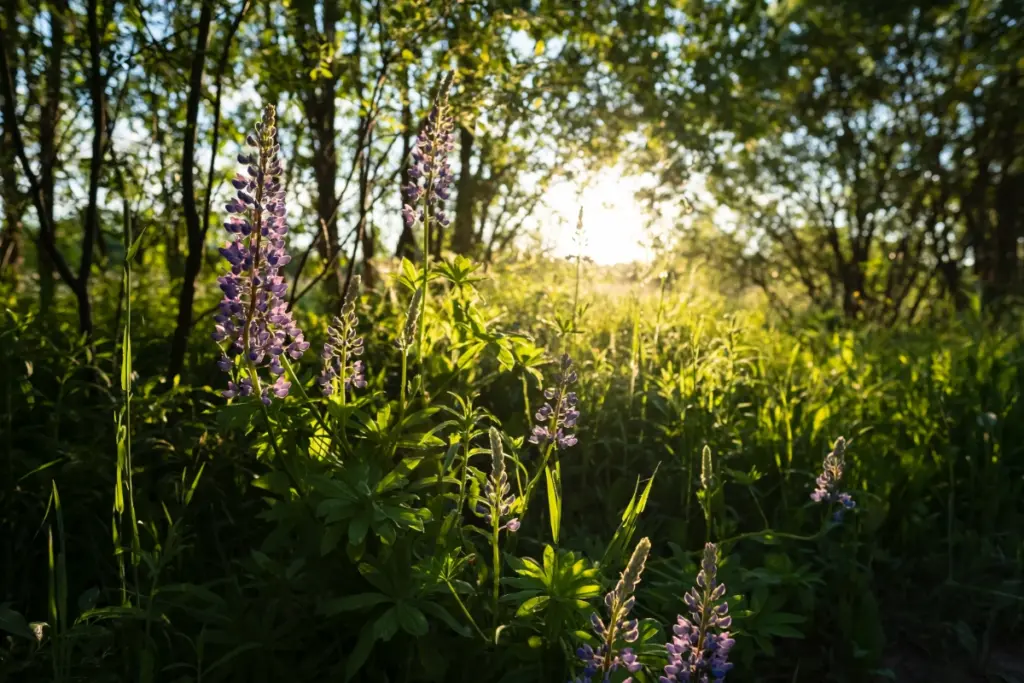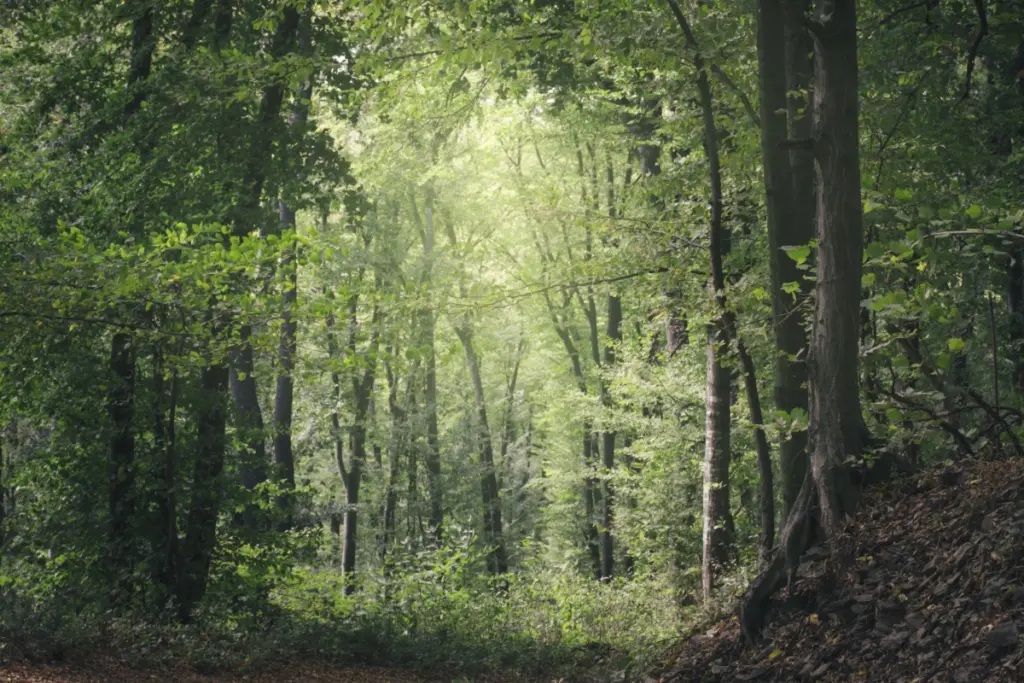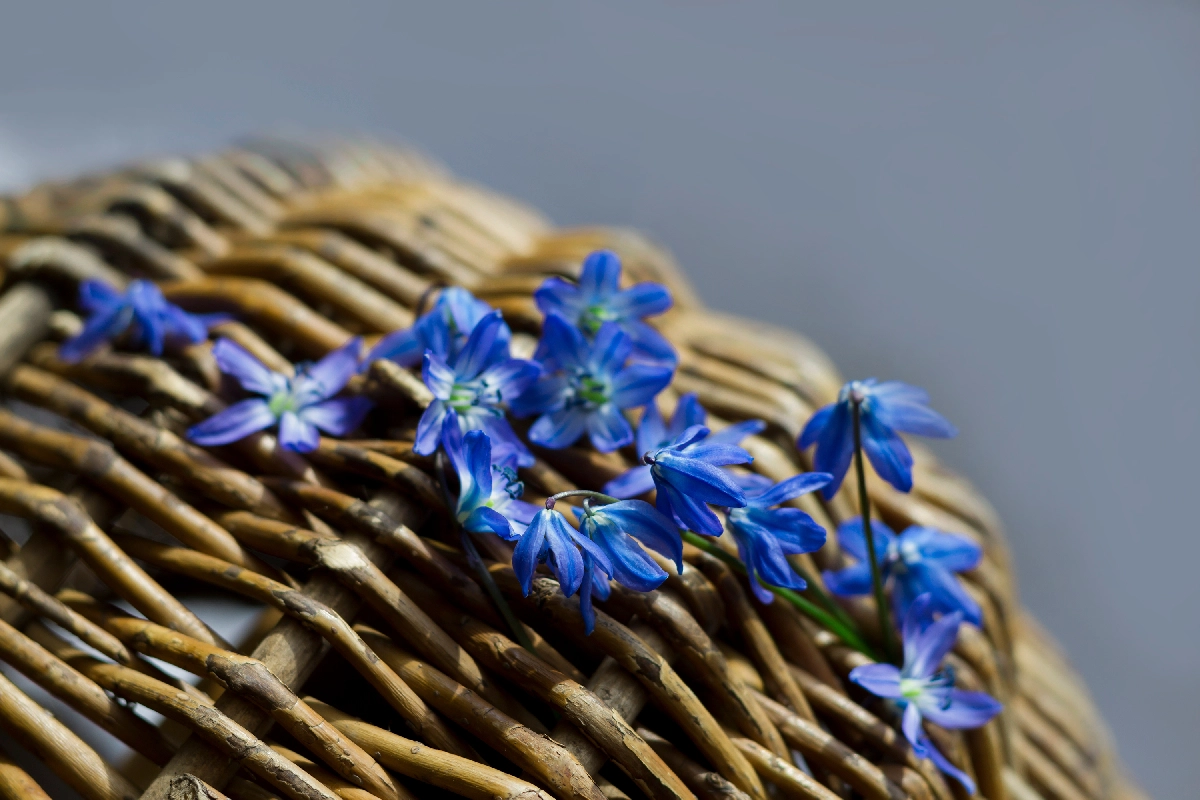As more people seek sustainable and meaningful ways to say goodbye, one question arises again and again:
“What’s the most eco-friendly coffin I can choose?”
The answer lies in the growing range of biodegradable coffins—natural, non-toxic, and designed to return gently to the Earth. Whether you're planning ahead or making arrangements for a loved one, choosing a biodegradable coffin is a beautiful step toward a simpler, greener farewell.
What Is a Biodegradable Coffin?
A biodegradable coffin is made from natural, renewable materials that break down harmlessly in the soil. Unlike traditional coffins that may contain metal fittings, varnishes, and synthetic linings, biodegradable coffins are free from harmful chemicals and designed to decompose safely over time.
They're typically used in natural burials, but many are also accepted for cremation—offering a lighter environmental impact in both settings.
What Materials Are Biodegradable Coffins Made From?
Biodegradable coffins come in a variety of beautiful, earth-friendly materials. Here are some of the most common:
Cardboard
Made from recycled paper or wood pulp, cardboard coffins are lightweight, affordable, and fully biodegradable. They’re often customisable and suitable for both burial and cremation.
Willow or Wicker
Hand-woven from fast-growing willow, wicker coffins are elegant and sustainable. They blend traditional craftsmanship with modern eco values and are ideal for woodland or meadow burials.
Bamboo
Strong and fast-growing, bamboo is a renewable material that’s perfect for eco coffins. Bamboo coffins are lightweight and break down naturally in the soil.
Seagrass & Rattan
These woven natural fibres are durable yet fully compostable, making them an attractive and responsible choice.
Wool or Felt
Soft and gentle, woollen coffins often use recycled cardboard for structure, covered in British wool or felt. They're ideal for a more natural, comforting appearance.
Mycelium (Mushroom Coffins)
The most innovative of all—mycelium Mushroom (fungal root system) coffins are grown, not built. They decompose rapidly and enrich the soil, neutralising toxins and supporting new life.
Why Choose a Biodegradable Coffin?
Choosing a biodegradable coffin reflects a desire to care for the Earth, even after death. It’s a simple but powerful act of responsibility, love, and humility.
Key Benefits:
Environmentally Friendly – Breaks down naturally, without harming the soil or water
Supports Natural Burials – Required or preferred in most natural burial grounds
Non-Toxic – No glues, varnishes, or plastics
Personalised Options – Many are customisable or hand-decorated
Affordable – Many options are cost-effective compared to traditional coffins
Are Biodegradable Coffins Accepted Everywhere?
Most natural burial grounds require biodegradable coffins—and many crematoriums also accept them. However, it’s always a good idea to check with your chosen burial site or funeral director before ordering, especially if using unique materials like mycelium or wool.
Can You Cremate a Biodegradable Coffin?
Yes, many biodegradable coffins are suitable for cremation—especially cardboard, bamboo, and seagrass types. They tend to produce fewer emissions than veneered wood or metal-trimmed coffins, making them a more sustainable choice.
Make sure the coffin meets your local crematorium’s safety and environmental guidelines before use.
A Beautiful Step Toward a Greener Legacy
Choosing a biodegradable coffin is more than just a practical decision—it’s a reflection of values. It’s about embracing simplicity, respecting nature, and leaving the world just a little better than you found it.
Whether you prefer woven willow, simple cardboard, or a cutting-edge mushroom coffin, biodegradable options offer a gentle, dignified farewell in harmony with the Earth.
Explore Natural Burial Grounds Across the UK
Search our Directory ➜ Natural Burial Grounds Near Me
Find peaceful, eco-friendly burial grounds near you.
Most Asked Questions
Biodegradable Coffins
Biodegradable Coffin
Coffins
Buying Eco Coffins
Cardboard: £150–£400
Willow/Wicker: £500–£900
Bamboo: £400–£800
Wool/Mycelium: £600–£1,200

